-
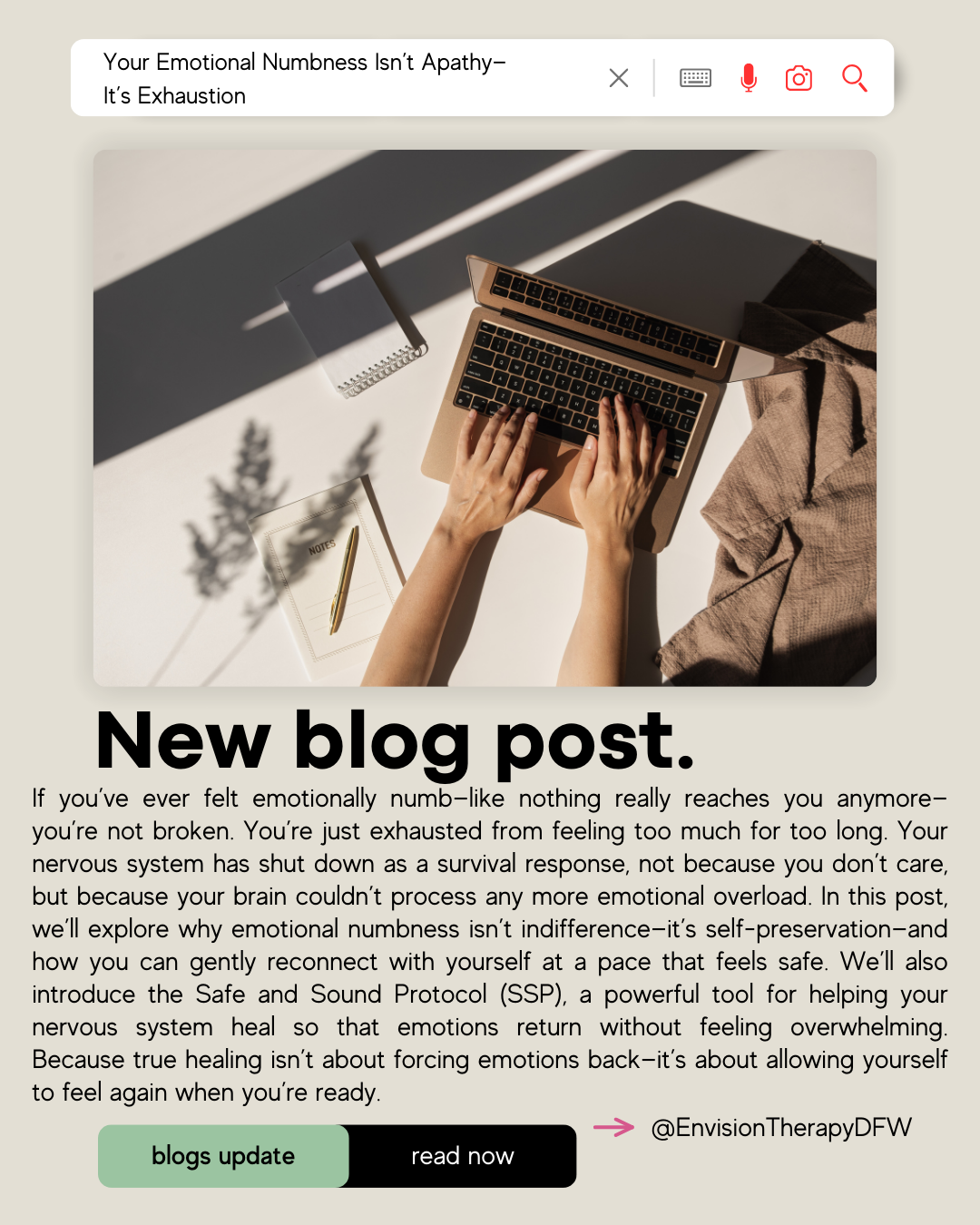
Your Emotional Numbness Isn’t Apathy—It’s Exhaustion
•
If you’ve ever felt emotionally numb—like nothing really reaches you anymore—you’re not broken. You’re just exhausted from feeling too much for too long. Your nervous system has shut down as a survival response, not because you don’t care, but because your brain couldn’t process any more emotional overload. In this post, we’ll explore why…
-
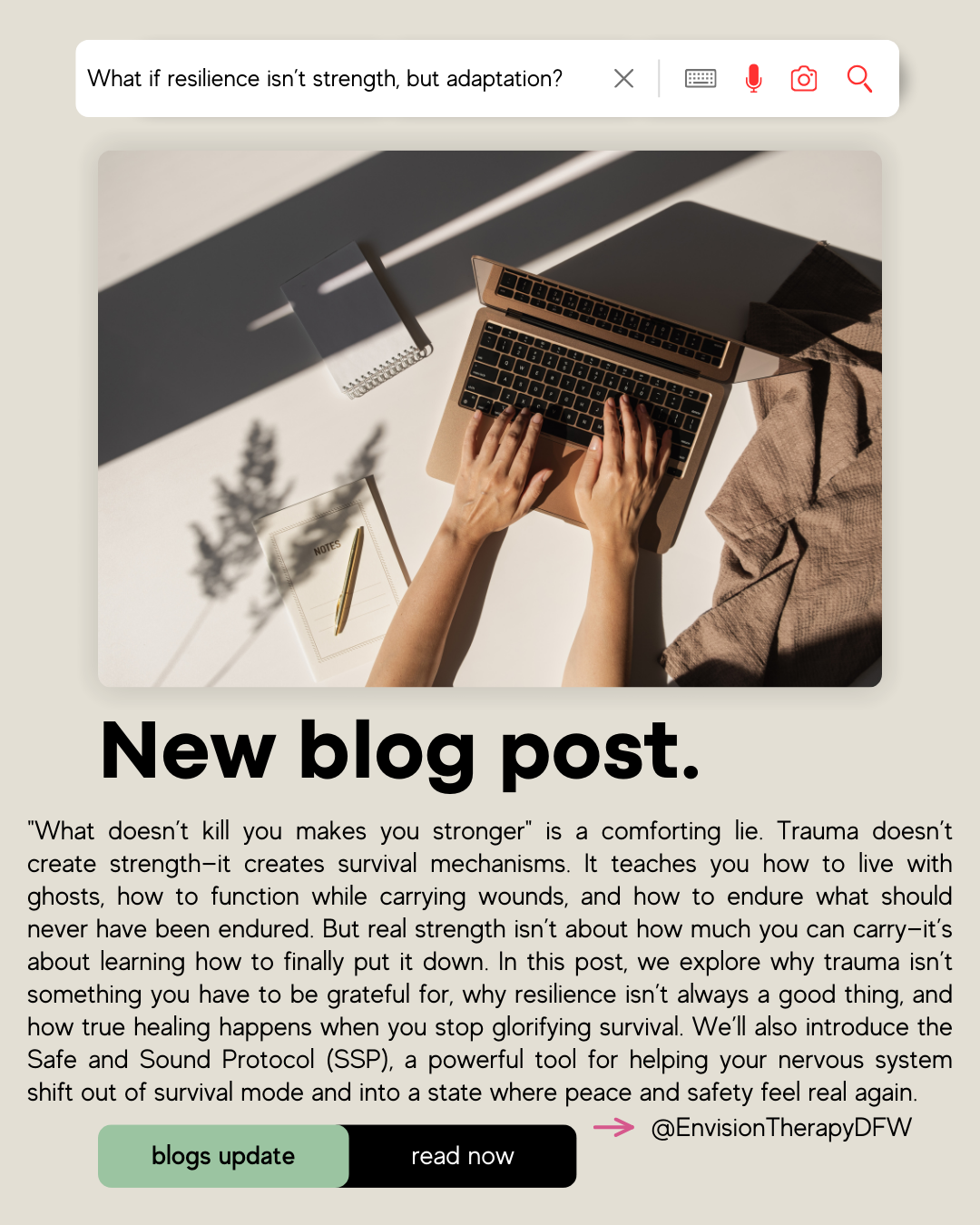
What if resilience isn’t strength, but adaptation?
•
“What doesn’t kill you makes you stronger” is a comforting lie. Trauma doesn’t create strength—it creates survival mechanisms. It teaches you how to live with ghosts, how to function while carrying wounds, and how to endure what should never have been endured. But real strength isn’t about how much you can carry—it’s about learning…
-
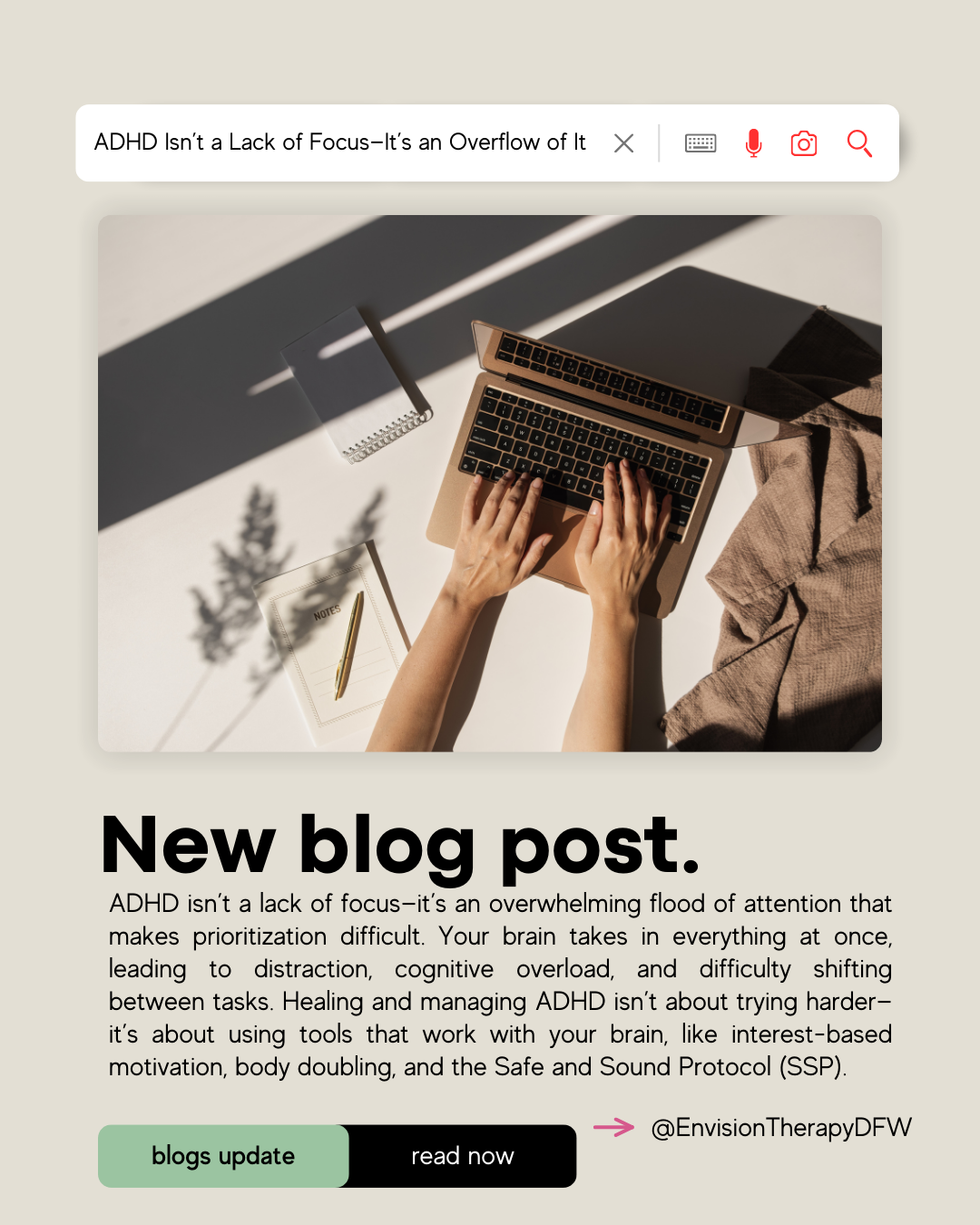
ADHD Isn’t a Lack of Focus—It’s an Overflow of It
•
ADHD isn’t a lack of focus—it’s an overwhelming flood of attention that makes prioritization difficult. Your brain takes in everything at once, leading to distraction, cognitive overload, and difficulty shifting between tasks. Healing and managing ADHD isn’t about trying harder—it’s about using tools that work with your brain, like interest-based motivation, body doubling, and…
-
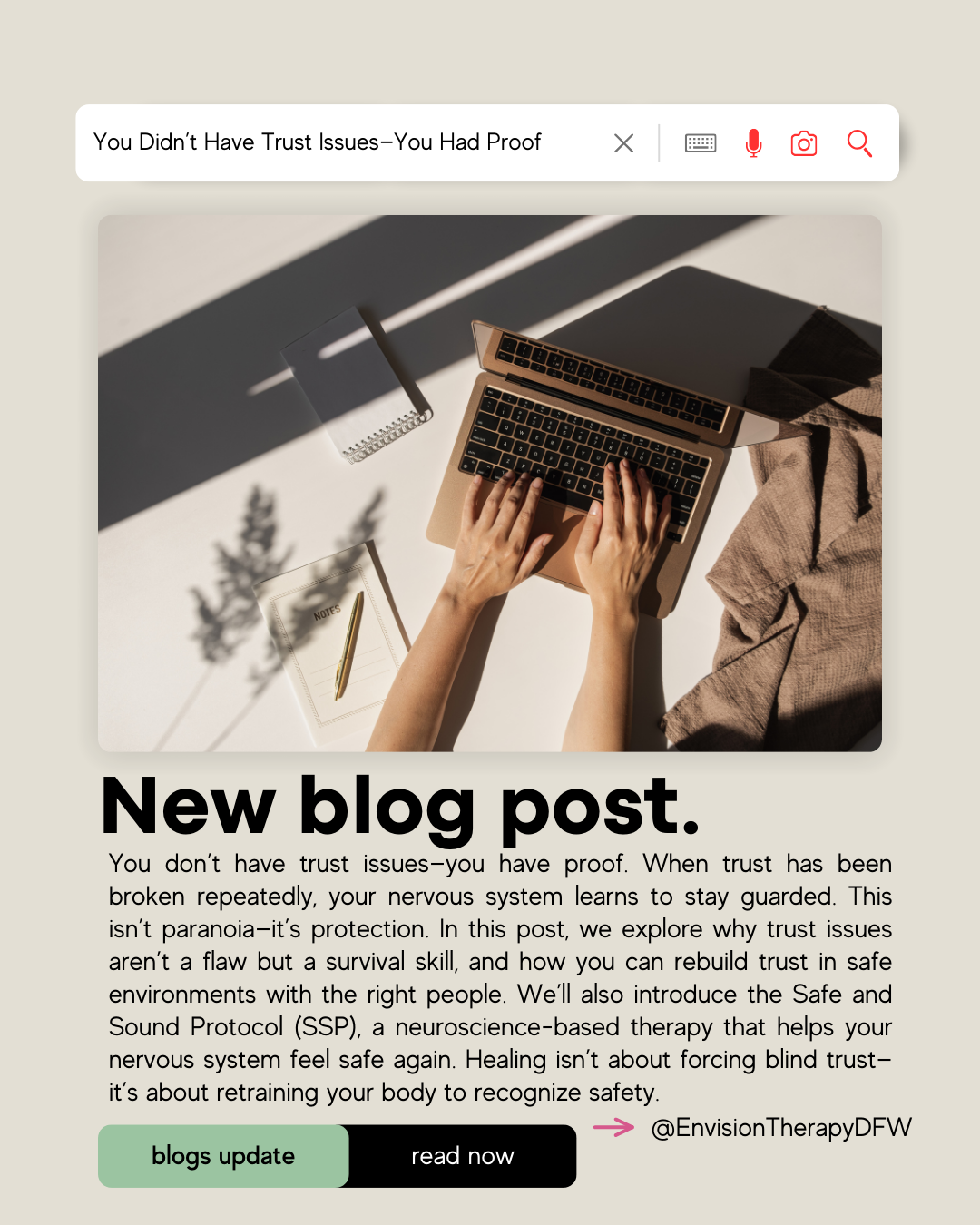
You Didn’t Have Trust Issues—You Had Proof
•
You don’t have trust issues—you have proof. When trust has been broken repeatedly, your nervous system learns to stay guarded. This isn’t paranoia—it’s protection. In this post, we explore why trust issues aren’t a flaw but a survival skill, and how you can rebuild trust in safe environments with the right people. We’ll also…
-
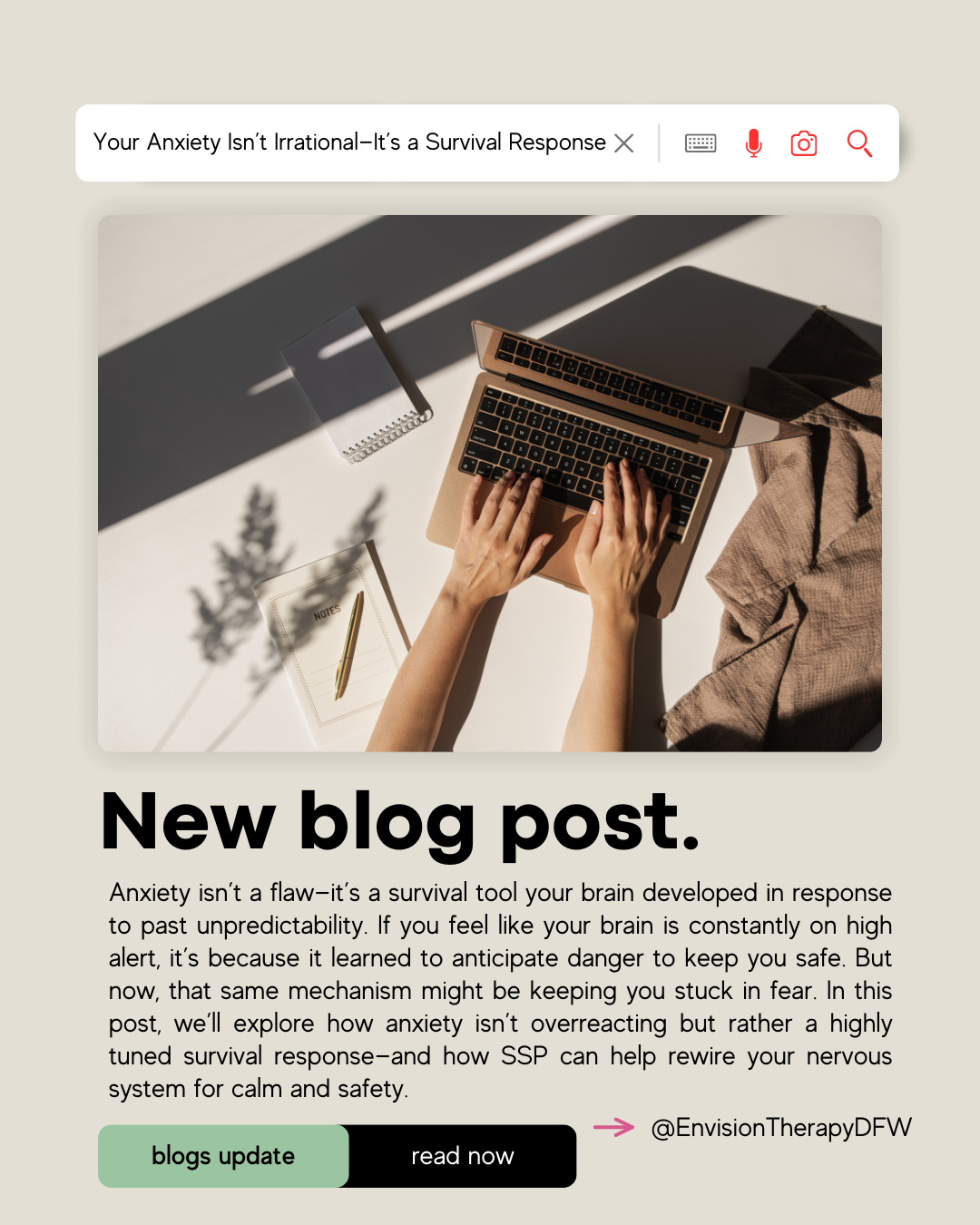
Your Anxiety Isn’t Irrational—It’s a Survival Response
•
Anxiety isn’t a flaw—it’s a survival tool your brain developed in response to past unpredictability. If you feel like your brain is constantly on high alert, it’s because it learned to anticipate danger to keep you safe. But now, that same mechanism might be keeping you stuck in fear. In this post, we’ll explore…
-
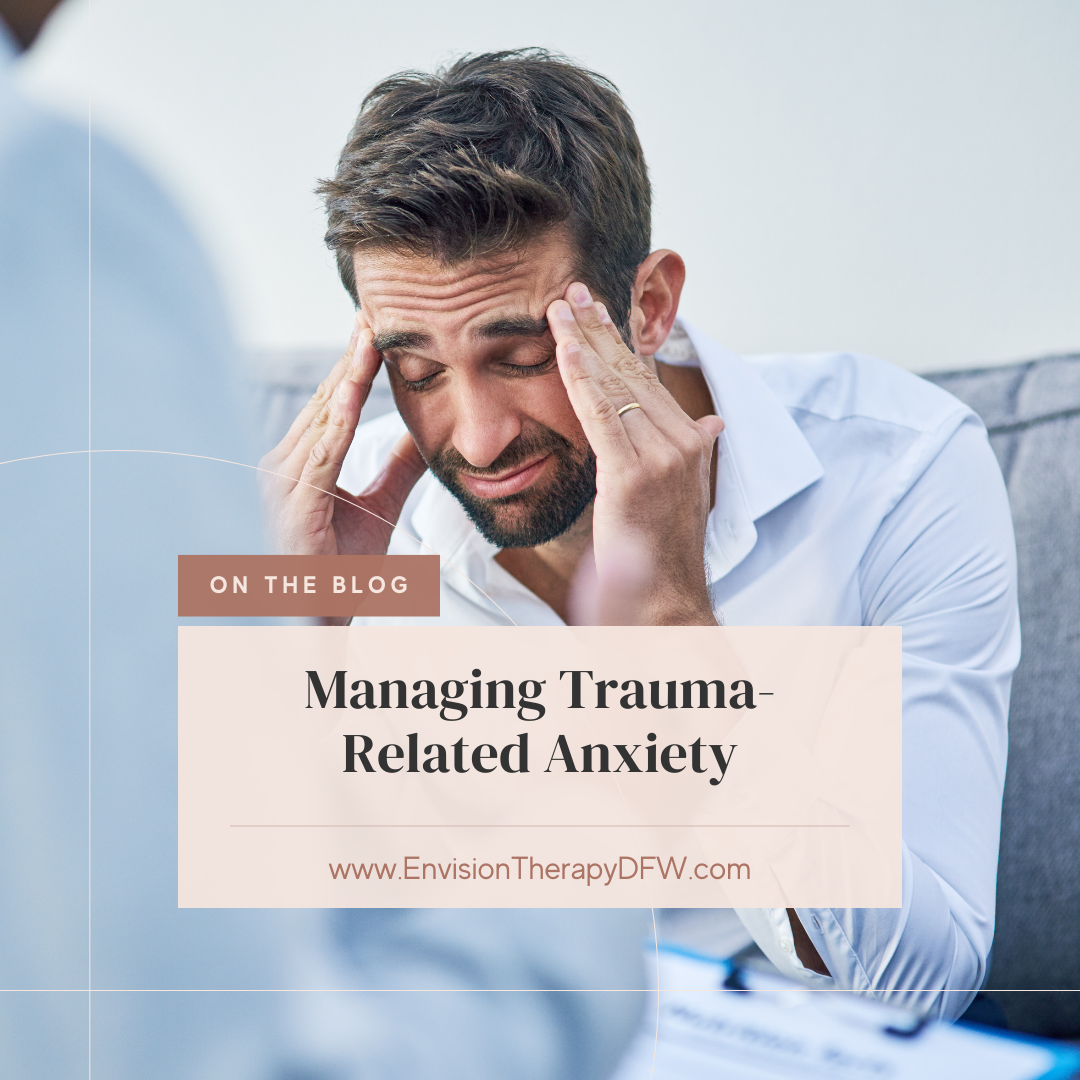
Managing Trauma-Related Anxiety
•
f you’re struggling with anxiety that stems from past trauma, this guide is designed for you. We explain trauma-related anxiety in clear, compassionate terms—showing how your brain’s natural stress response, rooted in past experiences, can keep you on high alert. You’ll learn practical strategies, such as grounding techniques, mindfulness practices, and cognitive tools, that…
-
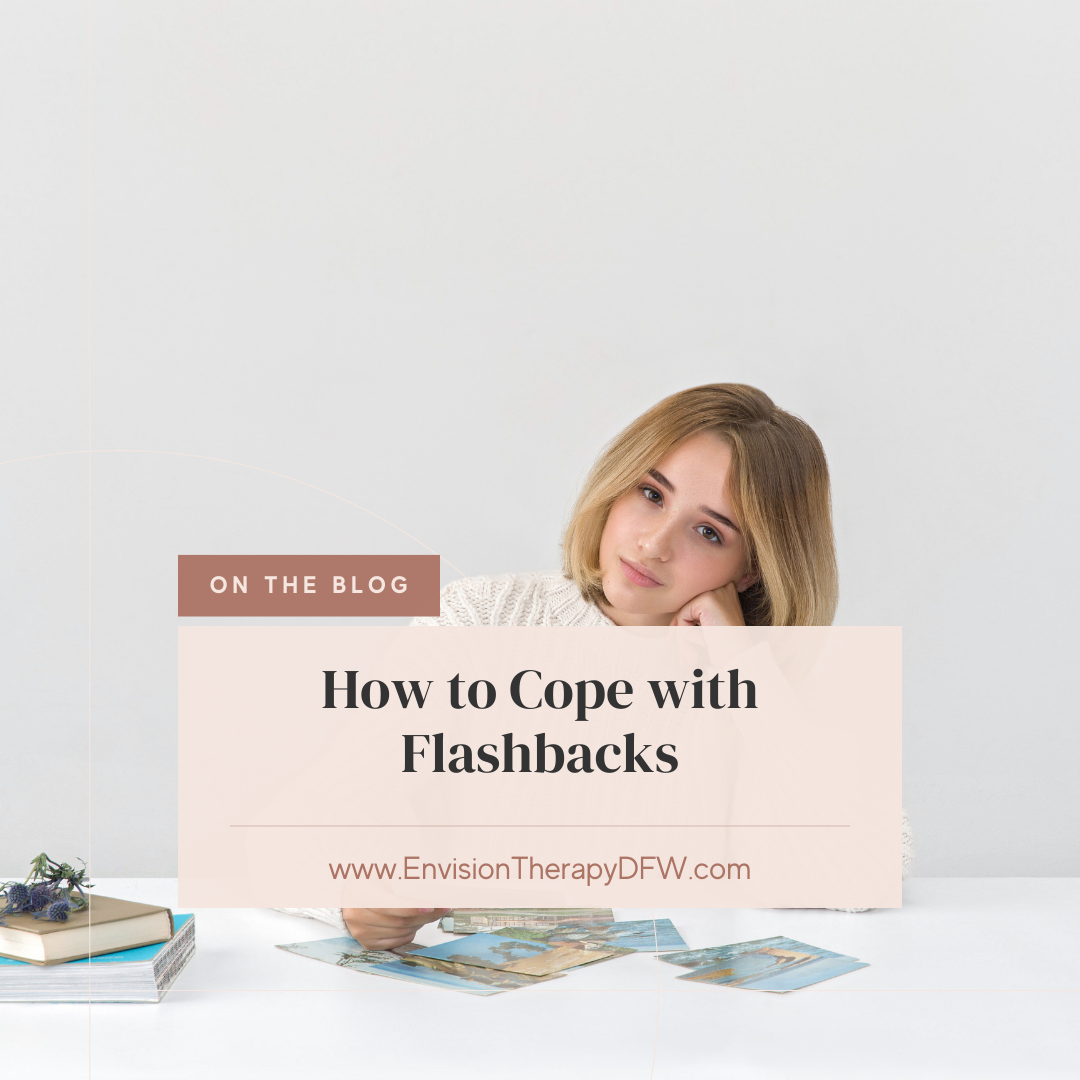
How to Cope with Flashbacks
•
If flashbacks are interfering with your daily life, this guide is here to help. We explain how flashbacks are a natural, though disruptive, response to trauma, rooted in your brain’s survival mechanisms. Learn clear, practical strategies—such as grounding techniques, cognitive affirmations, and mindfulness practices—to help you regain control when memories overwhelm you. We also…
-
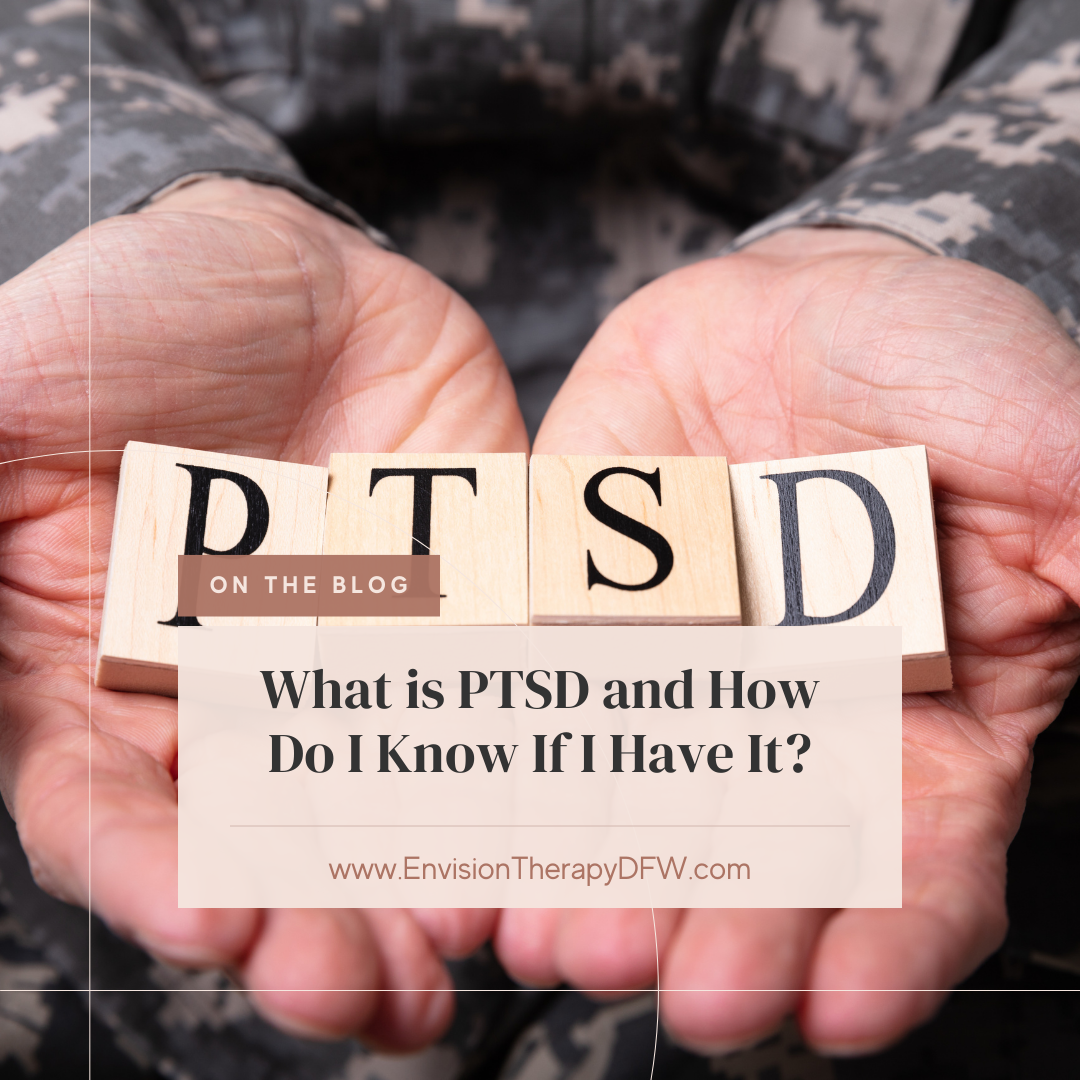
What is PTSD and How Do I Know If I Have It?
•
If you’re experiencing persistent flashbacks, anxiety, or unsettling memories that you suspect may be related to trauma, this guide is for you. In “What is PTSD?”, we break down the neurobiology behind your stress responses in straightforward terms and clear up common misconceptions that might be holding you back from seeking help. You’ll find…
-
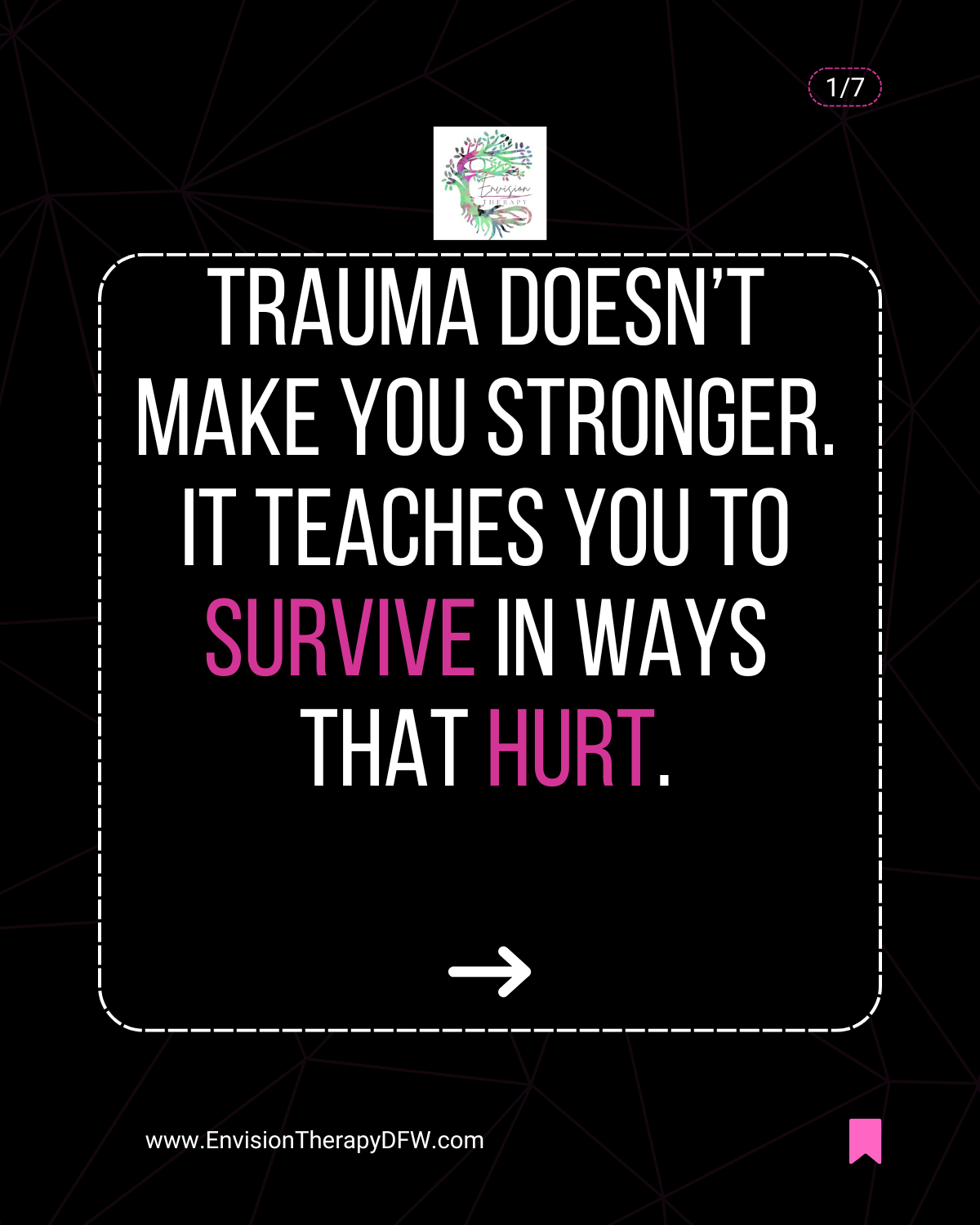
Trauma Doesn’t Make You Stronger: It Teaches You to Survive in Ways That Hurt
•
Trauma doesn’t define you, but it often shapes how you move through the world. This blog explores how trauma creates survival strategies like emotional suppression and hyper-independence and how you can unlearn these patterns to thrive. Start your healing journey today with one of our therapists.
-
Healing Without Forgiveness
•
Forgiveness isn’t always the key to healing. Learn how to release resentment, set boundaries, and prioritize your emotional safety without forcing forgiveness. Start your journey toward freedom and peace today with one of our therapists. #forgiveness #healing
